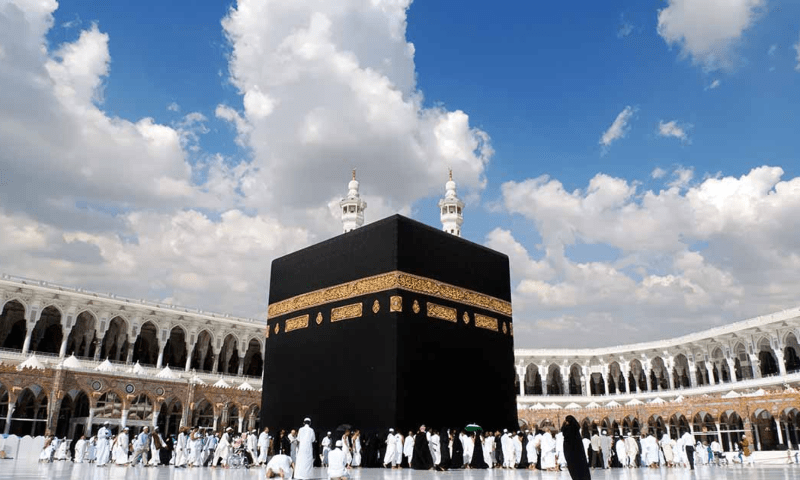
Mandatory Hajj Training Begins in Pakistan, First Session Held in Peshawar
- Interfaith
- January 19, 2025
- No Comment
Mandatory Hajj Training Begins in Pakistan, First Session Held in Peshawar
Pakistan’s Ministry of Religious Affairs has officially launched mandatory Hajj training for this year’s pilgrims, with the first session held in Peshawar on Saturday. A total of 147 training sessions will be conducted across the country.
Earlier this month, Pakistan and Saudi Arabia signed the annual Hajj agreement in Jeddah, confirming that 179,210 Pakistani pilgrims will perform Hajj in 2025.
The inaugural session in Peshawar was attended by over 200 pilgrims, taking place at a private educational institution. According to Ministry of Religious Affairs spokesperson Muhammad Umair Butt, these training sessions aim to familiarize pilgrims with administrative procedures and Hajj rituals to ensure they perform their religious obligations correctly.
Hajj Training Schedule & Key Initiatives
✅ Duration of Each Session: Approximately 3 hours per session.
✅ Completion Timeline: All sessions will be completed before Ramadan.
✅ Dates: The training will be conducted from January 18 to February 27, 2025 across all provinces.
✅ New Initiative: The Ministry has introduced the “Pak Hajj 2025” mobile application, available for both
Android and iPhone users, to facilitate pilgrims. Participants found the training sessions to be informative and beneficial. Mujeeb-ur-Rehman Bhatti, a resident of Peshawar, shared his experience:
“Attending the first session was a great decision, as it provided detailed guidance about the Hajj app and travel arrangements.”
Ali Khan, a Civil Aviation official, who plans to perform Hajj with his family, described the program as “excellent and highly practical.” He said:
“Everything was explained clearly with essential details. We had gathered information from YouTube and other sources, but this session was extremely helpful.”
This year, several new measures have been introduced for Pakistani pilgrims, including e-visa services, advanced transport facilities, and improved accommodation arrangements in Makkah and Madinah.
These training sessions will not only educate pilgrims about religious and logistical aspects of Hajj but also prepare them to handle potential challenges during their stay in Saudi Arabia.







